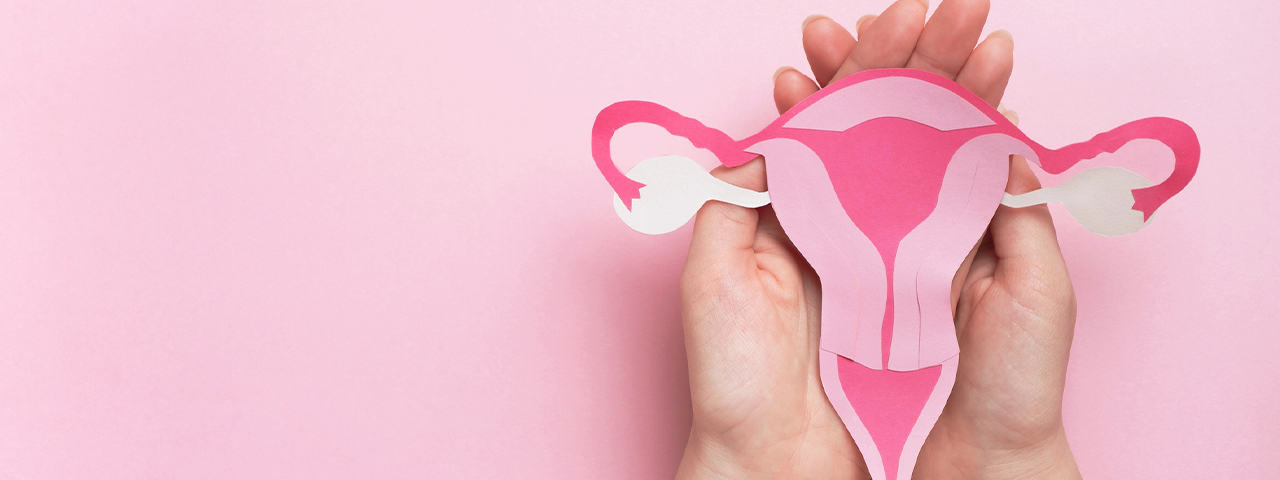Menstruation
What is normal menstruation?1
Menstruation is the part of the menstrual cycle when a woman bleeds from her vagina for a few days. It is important to note that a ‘normal’ period is different for every woman, however, there is some general guidance on what is considered normal.
- Menstruation usually begins around the age of 12, although some girls will start earlier or later. Most girls will be having regular periods by age 16 to 18
- For most women menstruation happens every 28 days or so, but it's common for periods to be more or less frequent than this, ranging from every 23 days to every 35 days
- Menstruation can last between 2 and 7 days, but it will usually last for about 5 days. The bleeding tends to be heaviest in the first 2 days
- When menstruation is at its heaviest, the blood will be red. On lighter days, it may be pink or brown
- On average a woman will lose about 20 to 90ml (about 1 to 5 tablespoons) of blood during a period, although some women bleed more heavily than this
- Menstruation continues until a woman reaches the menopause, which usually happens in the mid-40s to mid-50s. In the UK the average age of menopause is 51. Menstruation will not usually stop suddenly but will start to become less frequent over a few months or years before stopping altogether.
It is important for women to see their GP if their menstrual cycle changes from what is normal for them.
|
When to refer You should refer customers to their GP if they experience any of the following:2-4
|

